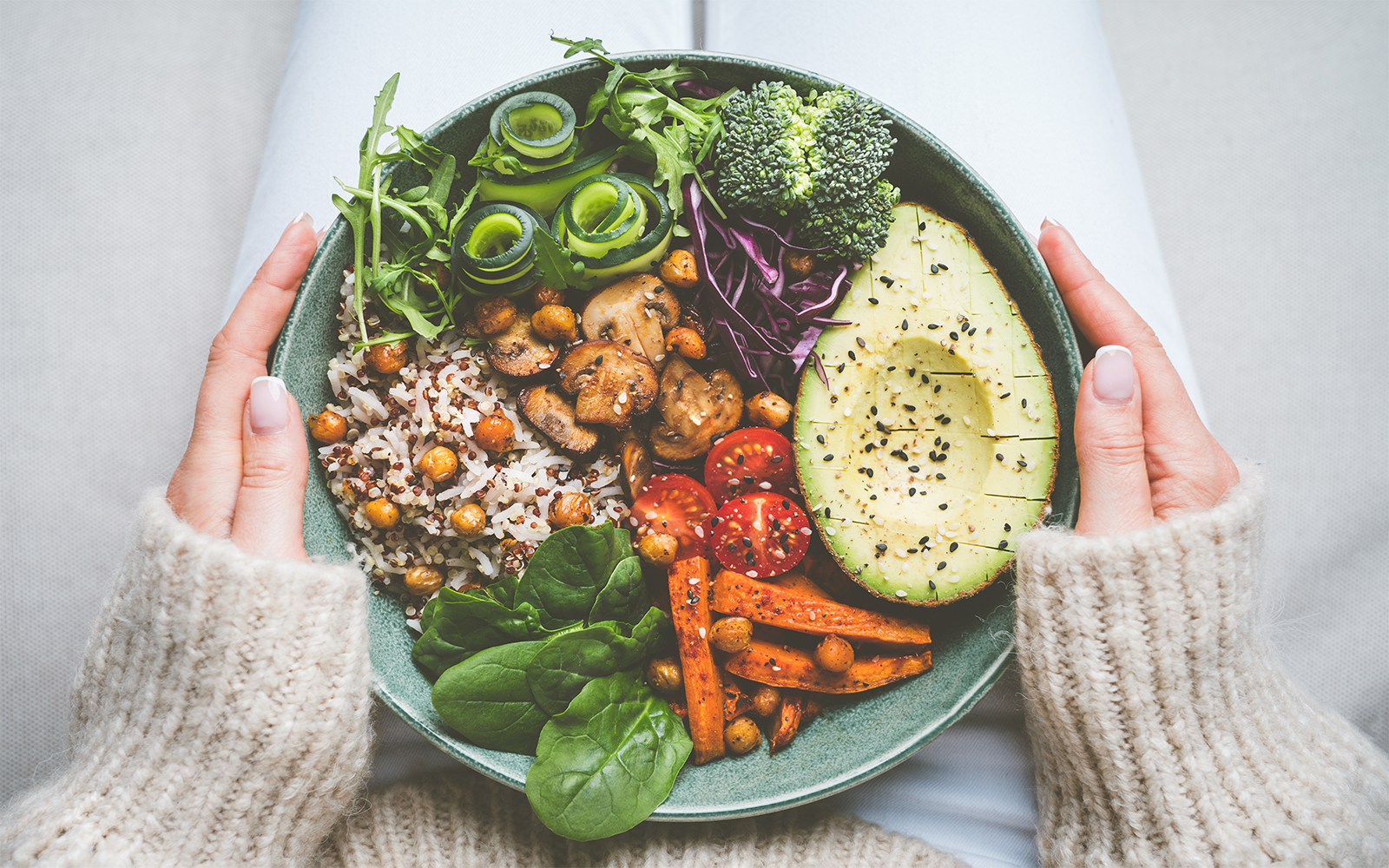
When it comes to vegetarianism, there’s more than one way to embrace a lifestyle that’s kinder to animals and healthier for you. But with so many terms floating around—like vegan and vegetarian—it’s easy to get confused. So, let’s break it down and explore the different ways people practice a meat-free lifestyle.
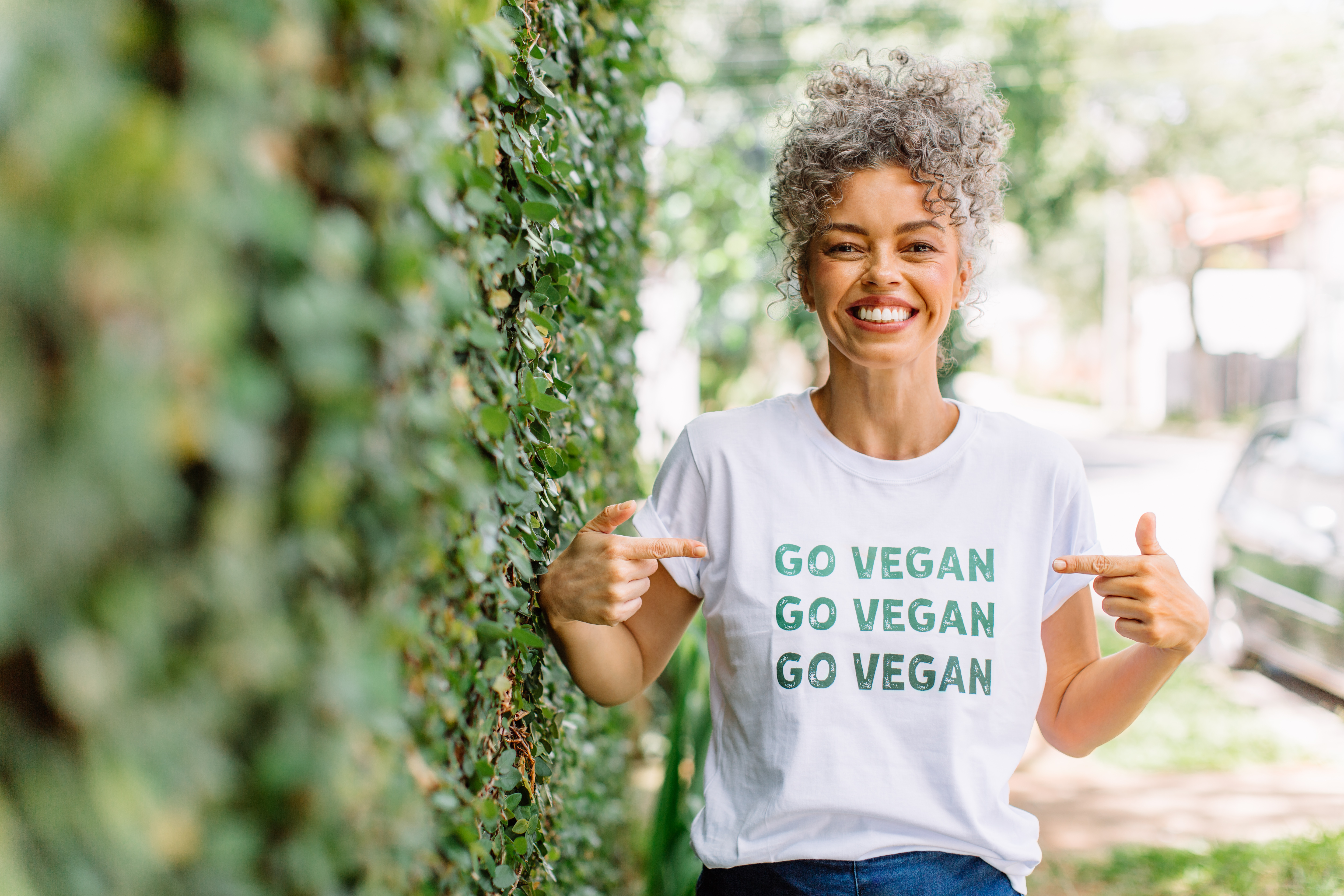
Veganism
Living Animal-Free Veganism is probably the strictest form of vegetarianism out there. If you're vegan, you avoid all animal products—no meat, no fish, no eggs, no dairy. But it goes beyond just what’s on your plate. Vegans steer clear of anything that comes from animals, including honey, leather, wool, and even certain cosmetics and medications tested on animals. For vegans, it’s about more than just diet; it’s a lifestyle and a commitment to reducing harm to animals in every way possible.
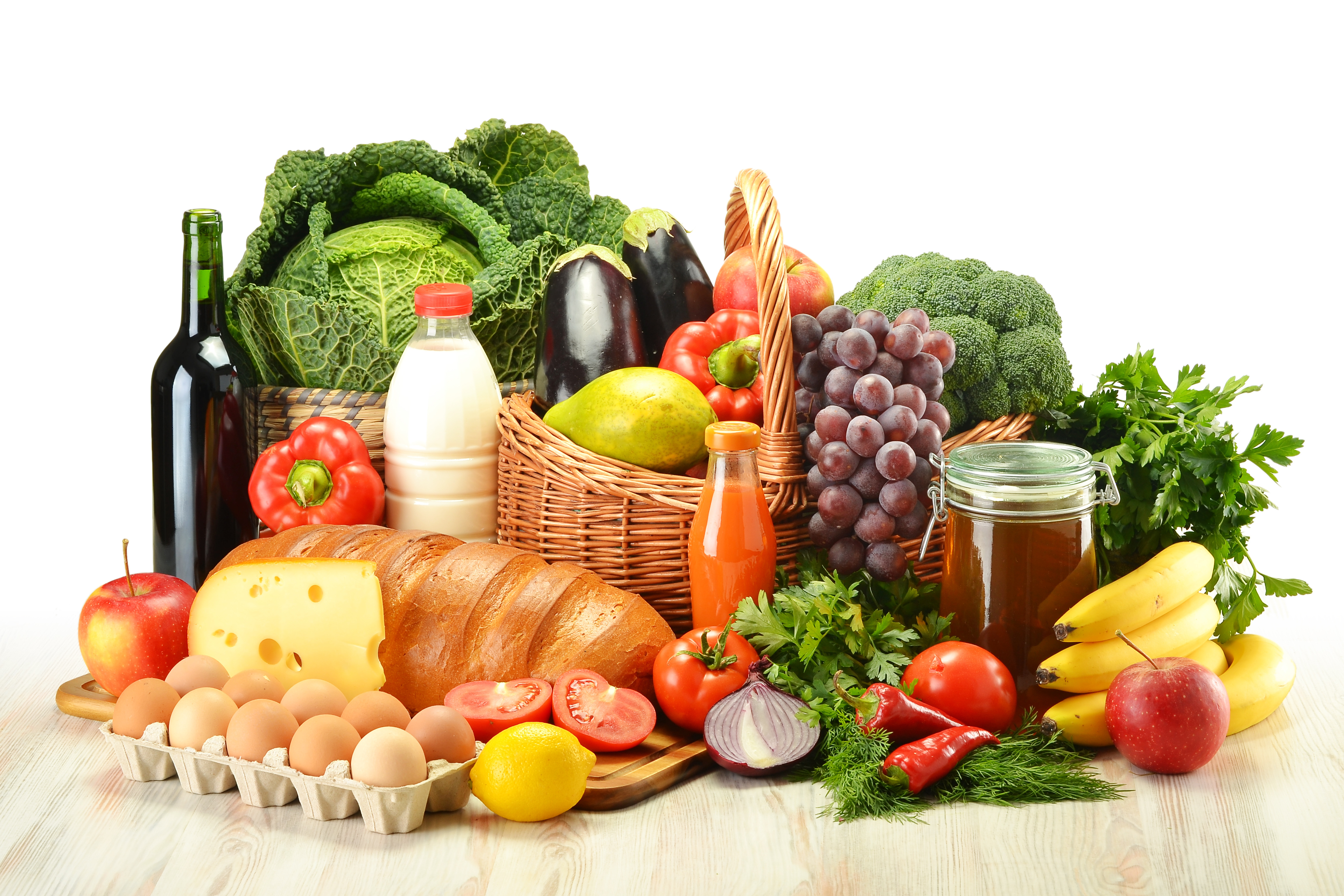
Vegetarianism
Plant-Based with a Few Exceptions Vegetarianism is a term many people are familiar with, and it’s a bit more flexible than veganism. Vegetarians don’t eat meat, but they might still enjoy eggs and dairy products like cheese and milk. The focus here is on plant-based foods, but with room for those animal products that don’t involve killing the animal. Whether for health reasons or personal beliefs, vegetarians choose to cut out meat but often keep other animal products on the menu.
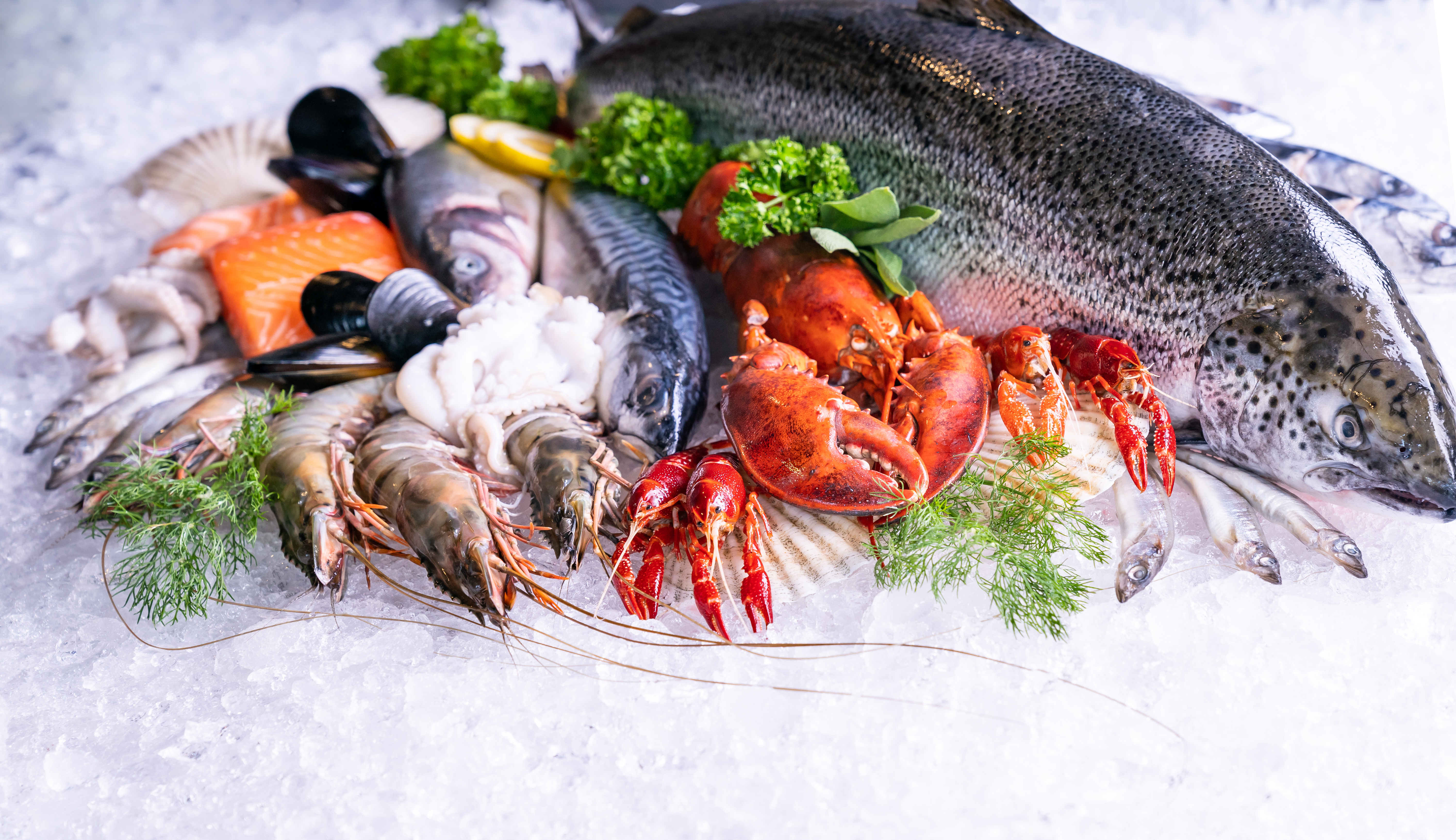
Pollotarianism diet
The Middle Ground Then there’s pollotarianism diet , a lesser-known but increasingly popular choice. Pollotarians avoid red meat but still eat poultry like chicken, and often include fish and seafood in their diets. This approach allows for a broader range of nutrients while still cutting back on red meat. For some, it’s a way to transition into a fully plant-based diet, while others choose it for religious or health reasons.

Respecting Choices
It's All About Personal Freedom These are just a few examples of the many ways people choose to live a meat-free or reduced-meat lifestyle. Everyone has their own reasons—be it health, ethics, or religion—and it’s important to respect these choices. Criticizing or mocking someone’s dietary habits isn’t just rude; it’s a sign of poor manners.
If you’re considering a switch to vegetarianism, veganism, or any other diet, it’s a good idea to consult with a nutritionist or doctor. They can help you plan a diet that meets your nutritional needs while aligning with your values. After all, whatever path you choose, it should be one that supports both your body and your beliefs.



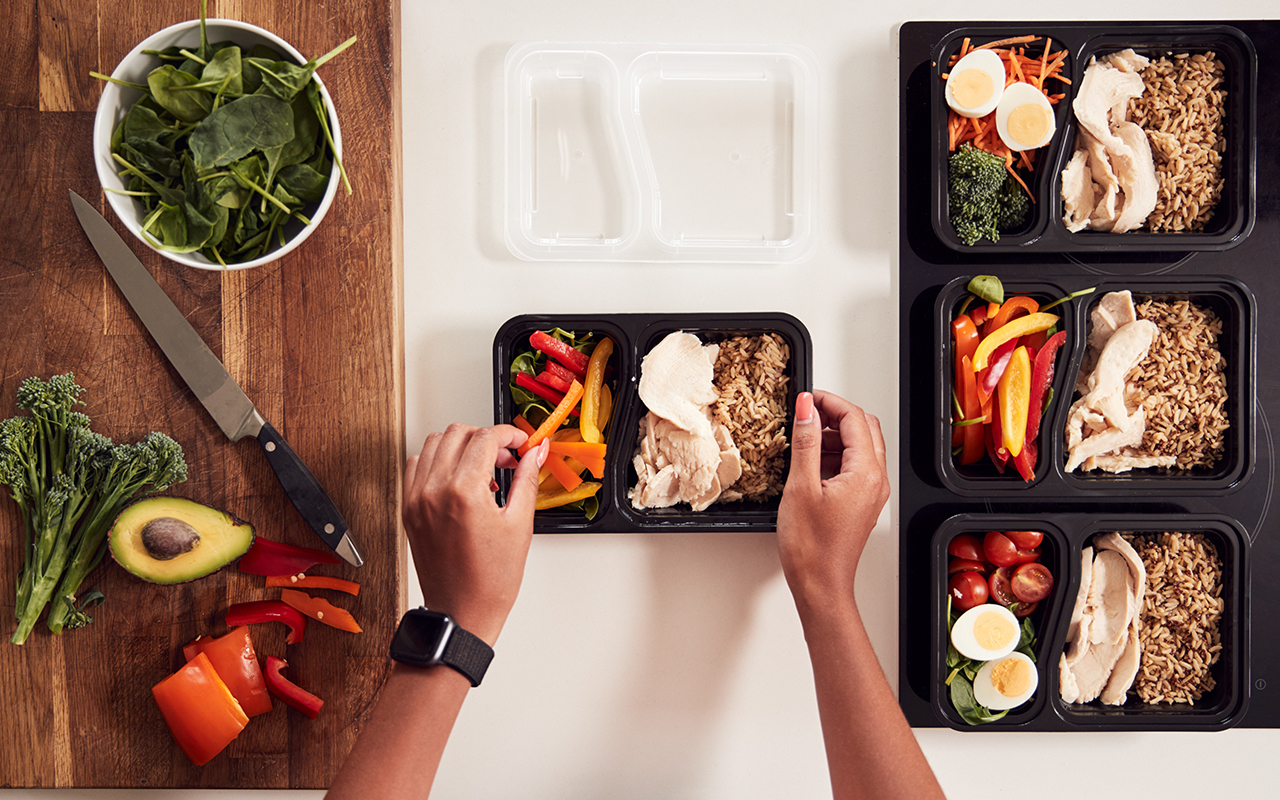
Comments